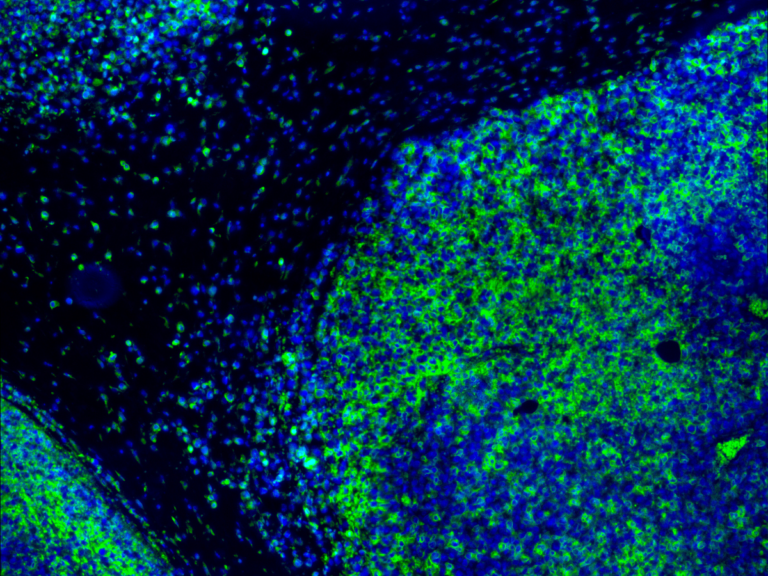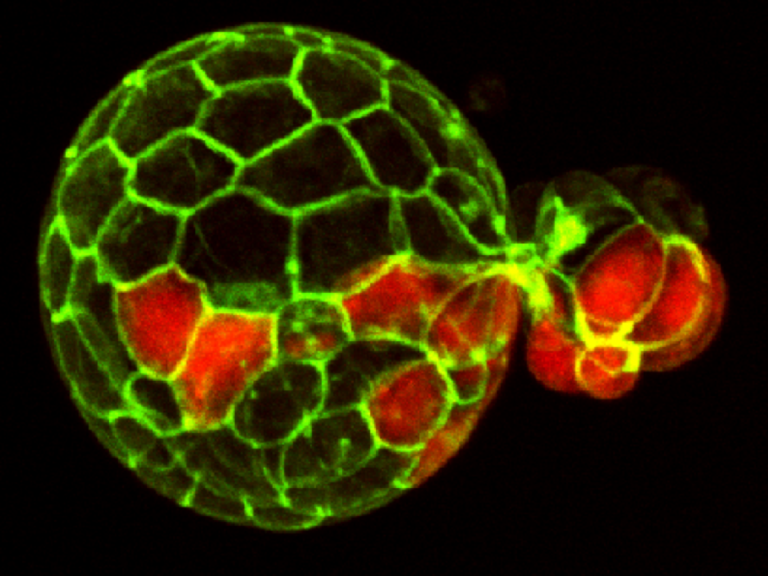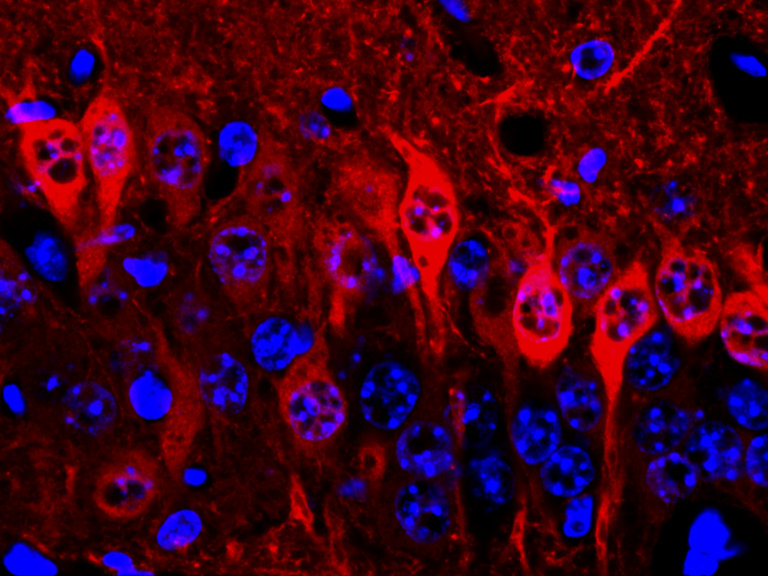Items
Bio5075 Introduction to Coding and Statistical Thinking for Genetics and Genomics
Work in the life sciences increasingly relies on large scale, quantitative data that requires basic computational and statistics skills. This course is an introduction to basic Python and statistical concepts used in molecular genetics and genomics, aimed at first-year DBBS students. The format emphasizes practical problem-solving skills by teaching both core statistical concepts, such as hypothesis testing, confidence intervals, bootstrap simulation, and power analysis, as well as computational methods to implement them. The goal of the course is to prepare students for more advanced coursework, as well as self-teaching during their research careers.
Bio5488 Genomics
This course is designed for beginning students who want to become familiar with the basic concepts and applications of genomics. The course covers a wide range of topics including how genomes are mapped and sequenced as well as the latest computational and experimental techniques for calling genomic variants, epigenetic changes like DNA methylation and accessible chromatin, and inferring transcription factor binding sites and motifs. High throughput techniques for ascribing function to DNA, RNA, and protein sequences including single-cell RNA-seq, whole genome sequencing, massively parallel reporter assays, chromosome conformation capture (Hi-C) analysis, and metagenomics will also be discussed. Finally, the use of genomic techniques and resources for studies of human disease will be discussed.
Bioinformaticist
Wang Lab
A subgroup of Dr. Ting Wang’s lab led by Dr. Daofeng Li in the Department of Genetics and The Edison Family Center for Genome Sciences and Systems Biology at Washington University School of Medicine is seeking a highly motivated Bioinformaticist to develop new data visualization techniques in the WashU Epigenome Browser platform.
We are looking for candidates with a strong background in bioinformatics, computational biology, and/or web development with excellent critical thinking, data management, and programming skills. Candidates must have experience in HTML, CSS and JavaScript/TypeScript. Full stack web development skills will be very beneficial.
This is a hybrid position with the flexibility of additional days on campus as needed for special projects. The Wang Lab is located is located in the Central West End of St. Louis, a vibrant neighborhood adjacent to major cultural institutions.
Cohen Lab
The genomics of gene regulation
PI: Barak Cohen, PhD
The Cohen Lab is interested in 1) Investigating DNA sequence features governing enhancer and cis-regulatory element activity. 2) Utilizing a multidisciplinary approach, blending genetics, genomics, biophysics, and computational sciences. 3) Aiming to develop quantitative models for identifying regulatory sequences, predicting mutation impacts, and enhancing our understanding of development and disease.
Dougherty Lab
Genetics and genomics of behavior in health and disease
Dutcher Lab
Assembly and function of basal bodies/centrioles and cilia
PI: Susan Dutcher, PhD
The Dutcher Lab studies the assembly and function of basal bodies/centrioles and cilia using genetics, biochemistry, microscopy, and computational biology. Motile cilia play roles in moving cells and fluids. Sensory cilia play essential roles in monitoring the environment. Chlamydmonas uses its flagella (or cilia) in both ways. To build cilia, one needs to have functional basal bodies.
Egervari Lab
Epigenetics and substance use disorders (SUDs)
PI: Gabor Egervari, MD, PhD
Our laboratory explores the role of metabolic-epigenetic interactions in the healthy and diseased brain, with particular emphasis on substance use disorders and neurodegeneration.


